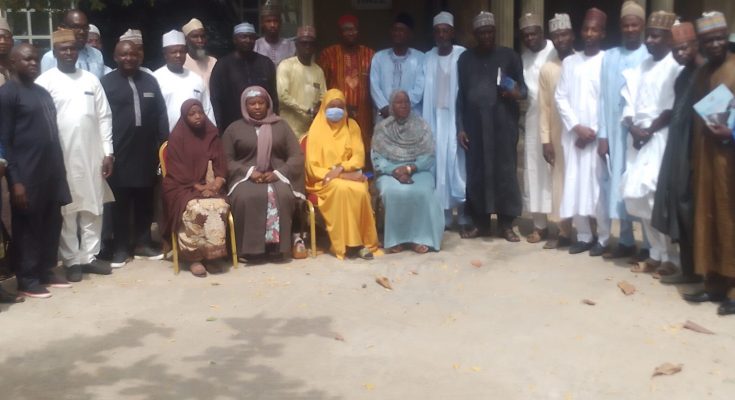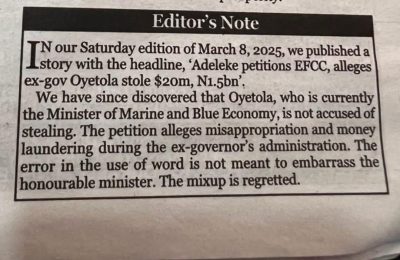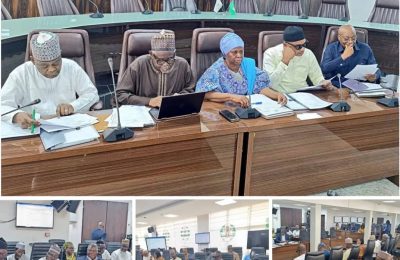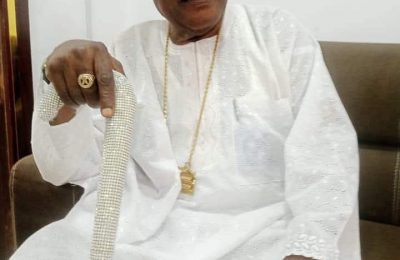
The Agro-Climatic Resilience in Semi-Arid Landscape (ACReSAL) project, Zamfara has planned to plant 2million seeds as part of catchment management plan project in the state.
This was disclosed on Friday during the opening ceremony of a two day stakeholders workshop on Micro Water Shed Catchment management plan development project organized by ACReSAL in collaboration with proxy logistics limited held at Karma Hotel in Gusau, the Zamfara state capital.

In his opening remarks, the Zamfara state Project coordinator ACReSAL Nasiruddeen Bello said catchment management plan is crucial to achieving the goals of ACReSAL project in the state.
“This workshop come at a better time now when ACReSAL projects is gear up towards a successful implementation, It’s important to have plan on catchment areas of our projects such like Erosion control, desert encroachment and afforestation”. He mentioned.
“It’s important to have a catchment plan on the provision of livelihood to communities before implementation,” he said.
Also, speaking, the Zamfara state ACRESAL natural resources officer Alhaji Akilu MAYANA disclosed that as part of their project plan, they are planting 2 million seeds across the state.
“Part of our project is that we have planned to plant two million seeds in 3 steps of plantation that includes Orchest, woodlots and shelter belt across the state “.
He said the trees to be planted includes economic and forest trees to convert desert encroachment, targeting 1,400 farmers who would plant in their farm lands.
“The tree planting would go along with planting of moringa to serve as boundary and 400 trees per hecter would be plant”. He disclosed.
Earlier on,the project Coordinator proxy logistics limited Professor Akobundu N. Amadi reemphasize that ACReSAL project aim is address the challenges of land degradation and climate change in northern Nigeria on a multidimensional scale.
Professor Akobundu Amadi said for the sustainability of the project there must be use of appropriate modern technology that would be leverage through the project activities.
“This is to help and build back better environment,” he mentioned.








